#10th EUFAR Airborne Science Webinar: Water
During the Webinar, various case studies of the use of aerial and satellite data, hydrodynamic modelling and ongoing projects in this field will be presented.
#9th EUFAR Airborne Science Webinar: Airborne Infrastructure
We are pleased to invite to the upcoming #9th EUFAR Airborne Science Webinar: Airborne Infrastructure, organised by The European landscape of airborne infrastructure and future thematic group.
#7th EUFAR Airborne Science Webinar: Vegetation
On the webinar will be presented the various topics regarding vegetation analyses: • vegetation identification in protected areas - mountainous areas and wetlands; • analyses of the state of vegetation in urban areas; • the possibilities for determining the impact of threats such as drying and heavy metal contamination on the state of vegetation.
SAFIRE Campaigns 2024
Upcoming campaigns list of the French research aircraft facility (SAFIRE) is available. Click on the link for the full list.


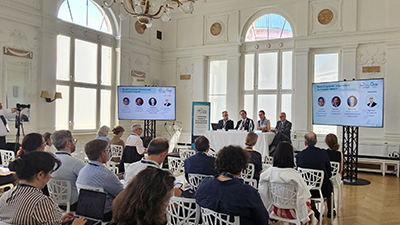
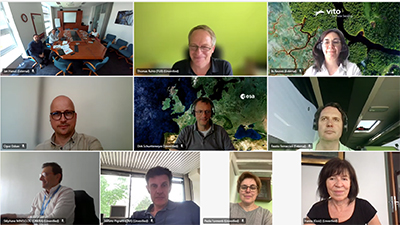


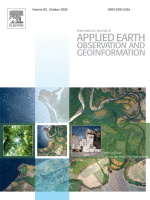
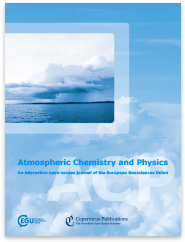
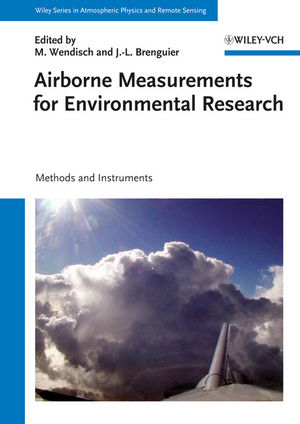
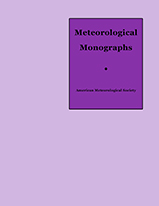
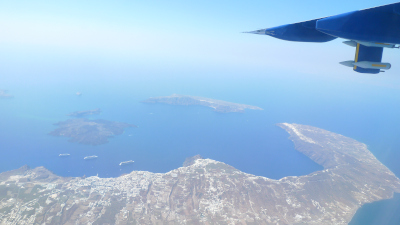
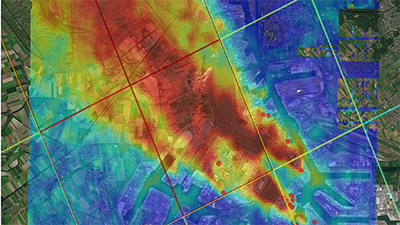
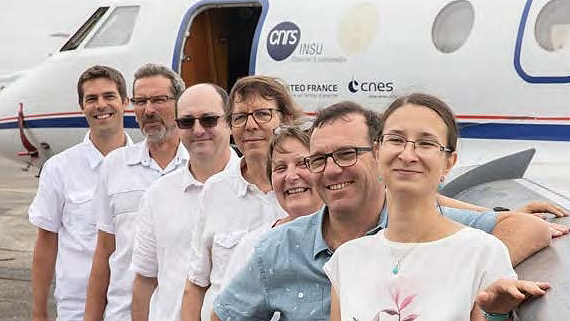
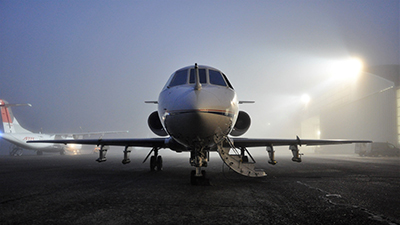
Follow us on our social platforms